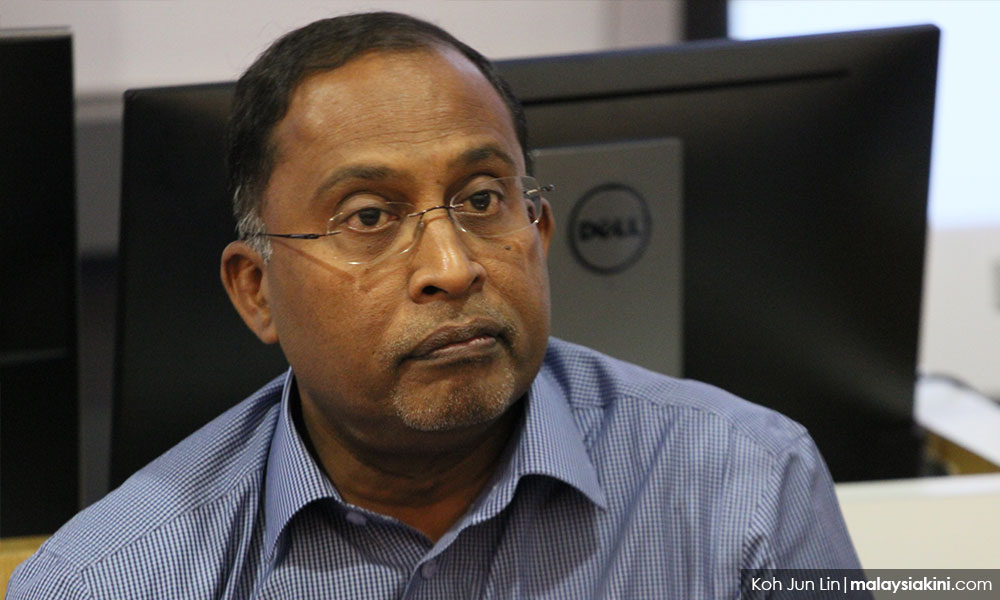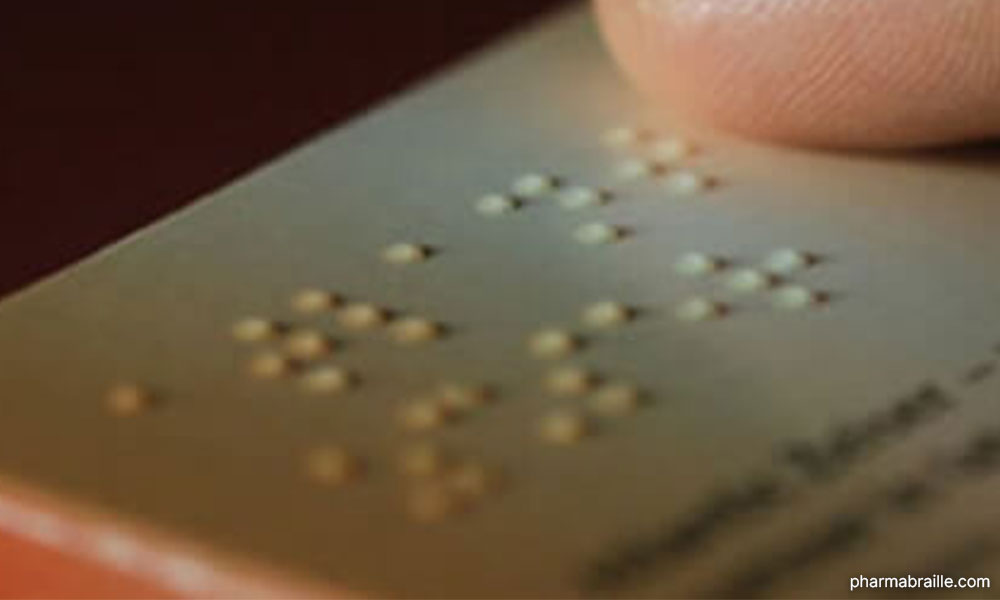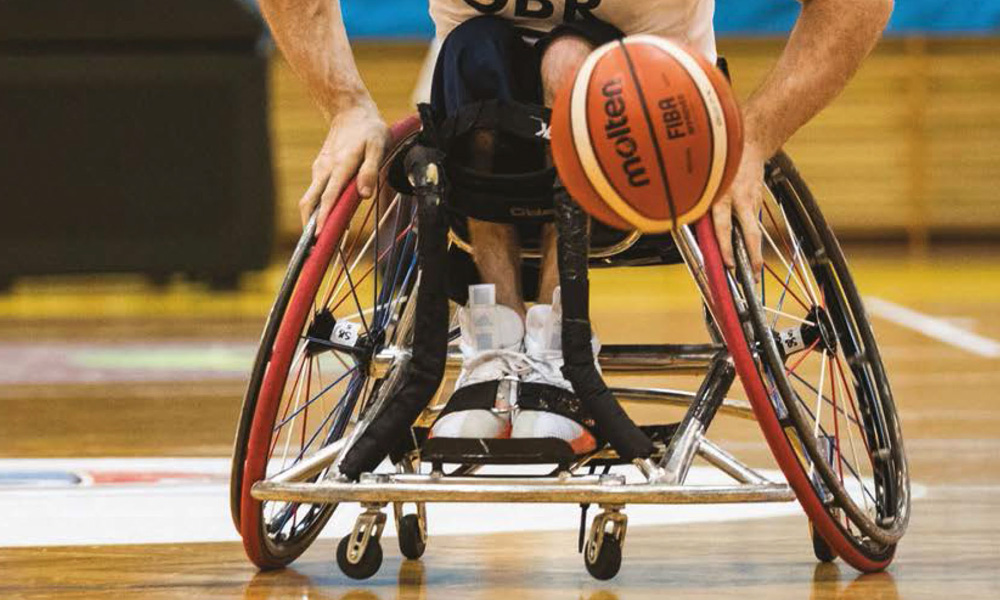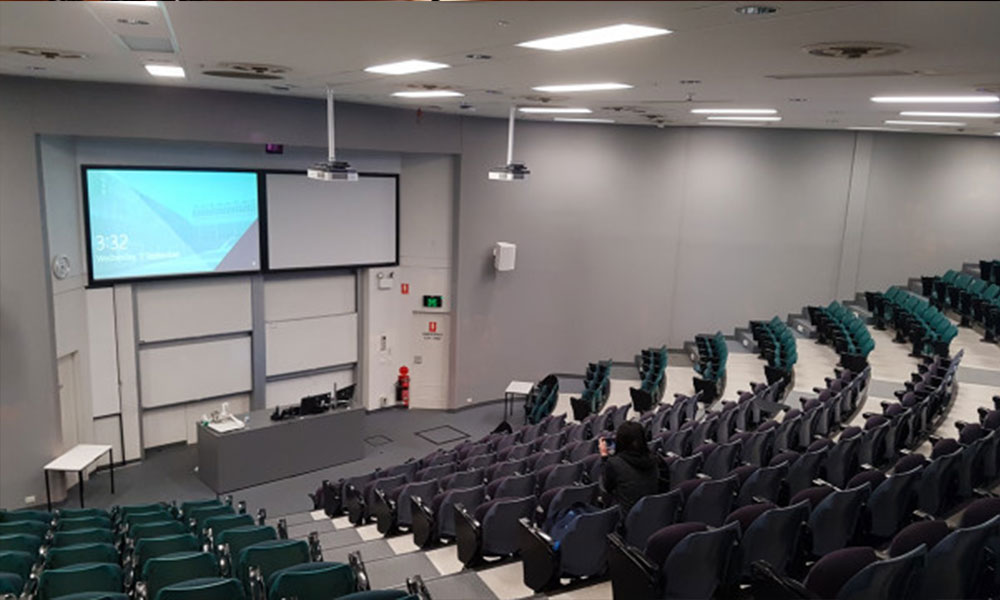We read with interest that our Higher Education Minister Zambry Abdul Kadir recently chaired an “advisory committee meeting” of experts on drafting the Malaysia Higher Education Plan 2026-2035.
It is expected to be completed by the end of the year to replace the current blueprint.
We look with promise to this new plan because the Malaysia Education Development Plan 2015-2025 titled “Malaysia Education Blueprint 2015–2025 (Higher Education)” is thus far a total failure for persons with disabilities.
The 2015–2025 Blueprint for Higher Education is a 240-page document that only twice mentions persons with disabilities.
Once in the context of “providing equitable access to educational opportunities”, and secondly to offer “wider access” and “improved infrastructure” for lifelong learning.
There is no mention of “inclusion”, “reasonable accommodation” or creating barrier-free environments. The executive summary (40 pages), which was widely disseminated, mentions nothing about disability.
This is despite extensive local and international consultation - 10,500 people engaged over two years with foreign organisations and experts.
It is as though 16 percent of the Malaysian population, those with disabilities, are non-existent to our Higher Education Ministry.
This is surprising as the 2015–2025 blueprint for higher education outlines five lofty aspirations: access, quality, equity, unity and efficiency.
These are principles and aspirations close to our hearts as persons with disabilities, care partners and civil society organisations involved in disability work/advocacy.

We, fortunately, have a “Garis Panduan Pelaksanaan Dasar Inklusif Orang Kurang Upaya Di Institusi Pendidikan Tinggi” launched in 2019 by then-education minister Maszlee Malik to push for higher education institutions to become inclusive and remove barriers.
Universities far from being inclusive
We would like to remind universities that just because you have students with disabilities on campus does not mean your university is inclusive.
Much remains to be done to make our public and private universities inclusive, genuinely barrier-free, learning-conducive and workplace-friendly for persons with diverse disabilities.
It might interest the higher education minister to know that data from his ministry show that in 2022 only 792 persons with disabilities were enrolled in public universities.

This is a mere 0.55 percent of the total 144,579 students enrolled that year. For community colleges it was 0.52 percent (34 out of 6,533 students) and for polytechnics a dismal 0.20 percent (66 out of 31,967 students).
Be reminded that we have been signatories to the 2006 United Nations Convention on the Rights of Persons with Disabilities (CRPD) since 2008.
Our Persons with Disabilities Act 2008 (PWD Act 2008, Section 28) clearly states that “Persons with disabilities shall not be excluded from the general education system on the basis of disabilities, and children with disabilities shall not be excluded from pre-school, primary, secondary and higher education, on equal basis with persons or children without disabilities…
“The government and private educational providers shall, in order to enable persons and children with disabilities to pursue education, provide reasonable accommodation…., among others, infrastructure, equipment and teaching materials, teaching methods, curricula and other forms of support that meet the diverse needs of persons or children with disabilities.”
Ensuring inclusive and equitable quality education and the promotion of life-long learning opportunities for all are also part of the United Nations Sustainable Development Goals (SDG 4) which Malaysia is committed to implementing by 2030.
Despite committing to an international convention (CRPD) and development agenda (SDGs), as well as having enacted national legislation (PWD Act, 2008), we continue to have a dismal record on inclusive education for persons with disabilities.
Note that the policy paper on “Early Intervention and Quality Education of Children with Disabilities in Asia and the Pacific”, jointly prepared by the United Nations Economic and Social Commission for Asia and the Pacific (Escap), United Nations Educational, Scientific and Cultural Organization (Unesco), and United Nations Children’s Fund (Unicef) rated Malaysia as not promoting inclusive education.
Appeal to higher education minister
Hence, we appeal to Zambry - in the Malaysia Higher Education Plan 2026-2035 - to give life to implementing Malaysia’s commitments to the PWD Act, the CRPD and the SDGs. Make it a landmark higher education strategy then translate that into reality.

With this, Malaysians can hope for real progress to proudly report on by 2030 (SDGs) and 2032 (4th Asian and Pacific Decade of Persons with Disabilities, 2023-2032).
Perhaps the minister could reflect on these concerns/issues:
How many of the current experts he has engaged (the “advisory committee”) in drafting the Malaysia Higher Education Plan 2026-2035 are persons with disabilities? Do they comprise 16 percent of the group in line with the population ratio of persons with disabilities?
What is the plan of the Higher Education Ministry to proactively engage persons with diverse disabilities, care partners, and civil society organisations knowledgeable about reasonable accommodation and other aspects of disability inclusion in education? Their meaningful participation and contributions are critical for drafting an inclusive blueprint.
3. We hope the Higher Education Ministry understands the difference between “inclusive education” and “mainstreaming” for adults with disabilities. It is obvious that the Education Ministry does not appreciate this when it comes to inclusive education for children with disabilities.
4. What approaches and initiatives will there be in the Higher Education Blueprint 2026-2035 to have a higher proportion of persons with disabilities in the teaching faculty, management and decision-making positions?
We impress on the minister that international data and research clearly show that promoting inclusion encourages educators to design and teach courses while keeping in mind that all students are unique, ie to practise universal design for learning with diverse learning and varied assessment approaches.

This increases the engagement, participation and performance of all students. In addition, a universal design physical structure for all institutions of higher learning will enhance accessibility and create barrier-free environments for learners, teaching staff and other employees. What we do to improve the inclusion of persons with disabilities will benefit society at large.
We look forward to being involved in supporting the development of a meaningful Malaysia Higher Education Plan 2026-2035, one that is inclusive of all Malaysians. - Mkini
Signatories:
Dr Amar-Singh HSS, person with dyslexia, child-disability activist, adviser, National Early Childhood Intervention Council, National Family Support Group for Children and People with Special Needs
Ng Lai-Thin, project lead, National Early Childhood Intervention Council; member, The OKU Rights Matter Project
San Yuenwah, person with invisible disabilities; member, The OKU Rights Matter Project, Harapan OKU Law Reform Group
Anit Kaur Randhawa, co-chairperson, Bar Council’s Ad Hoc Committee for Disabilities; member, Harapan OKU Law Reform Group, The OKU Rights Matter Project
Kaveinthran, native blind, independent disabled human rights advocate
Meera Samanther, co-chairperson, Bar Council’s Ad Hoc Committee for Disabilities; former president, Association of Women Lawyers (AWL) and Women’s Aid Organisation (WAO)
Ras Adiba Radzi, former Dewan Negara senator; chairperson, Persatuan OKU Sentral
Mohd Faiz Bin Shuhaimi, presiden, Majlis Belia OKU Malaysia
Bathmavathi Krishnan, wheelchair-using undergraduate UM (1976- 1978); Dewan Negara senator representing persons with disabilities (2013-2016, 2016-2019)
Alvin Teoh, PWD parent, advisor and founding member, National Family Support Group for Children and People with Special Needs.
Srividhya Ganapathy, co-chairperson, CRIB (Child Rights Innovation & Betterment) foundation
Christine Lee, polio survivor, co-founder, Barrier-free Environment and Accessible Transport (Beat)
Wong Hui Min, president, National Early Childhood Intervention Council.
Anthony Chong, deaf person, co-founder/secretary, Deaf Advocacy and Wellbeing National Organisation (Dawn)
Beatrice Leong, autistic, founder, Autism Inclusiveness Direct Action Group (Aida), documentary filmmaker
Malaysian Rare Disorders Society
Nori Abdullah Badawi, We Rock the Spectrum Kid’s Gym, Kita Family Podcast, Yayasan Budi Penyayang Malaysia
Desiree Kaur, founder, Project Haans
Nik Nadia Nik Mohd Yusoff, Autisme Malaysia
Choy Sook Kuen, Oasis Place, Kita Family Podcast
Vicky Chan, deaf and blind advocate



No comments:
Post a Comment
Note: Only a member of this blog may post a comment.